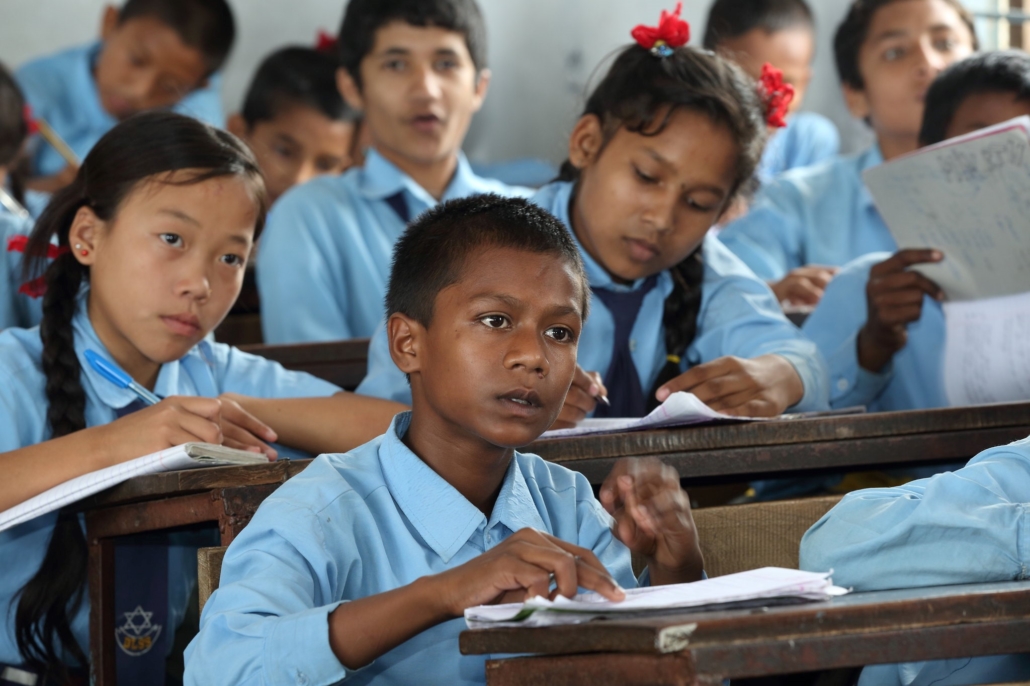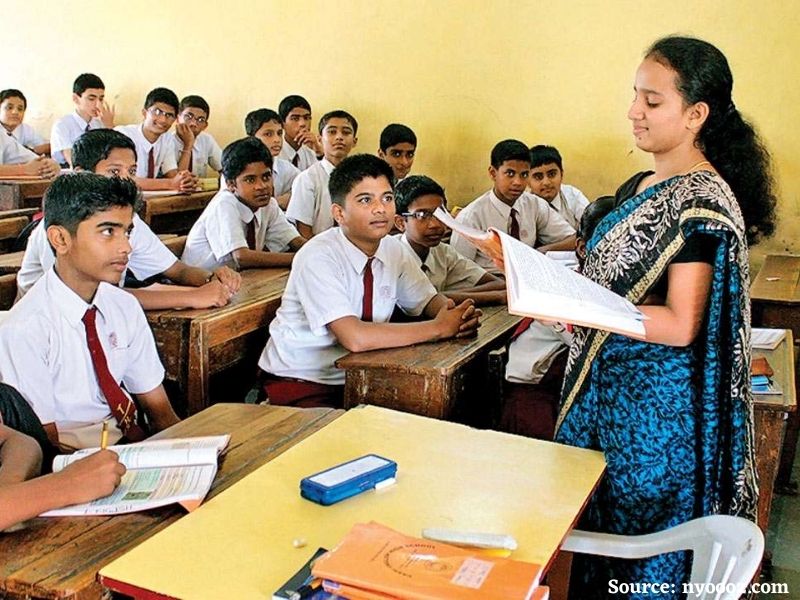The Significance of Secondary Education


Secondary education, often referred to as middle or high school, plays a pivotal role in the academic and personal development of individuals. As a critical juncture between foundational learning and specialized studies, this phase holds immense importance in shaping students into well-rounded, informed, and empowered individuals. This exploration delves into the multifaceted importance of secondary education.
**1. Academic Foundations and Specialization: Secondary education serves as a bridge between the broad curriculum of primary education and the specialized focus of higher education. It lays the academic foundations across various subjects while providing students with the opportunity to explore and discover their areas of interest. This phase acts as a crucial stepping stone for future specialization and career choices.
**2. Critical Thinking and Problem-Solving Skills: The curriculum of secondary education is designed to foster critical thinking and problem-solving skills. Students engage with complex concepts, analyze information, and develop the ability to apply knowledge to real-world scenarios. These skills are not only essential for academic success but also for navigating the challenges of personal and professional life.
**3. Preparation for Higher Education: Secondary education is a preparatory stage for higher education. It equips students with the academic rigor and study habits necessary for success in universities and colleges. The challenges and responsibilities encountered during these years instill a sense of independence and readiness for the academic demands of tertiary education.
**4. Social and Emotional Development: Beyond academics, secondary education plays a crucial role in social and emotional development. Students navigate peer relationships, teamwork, and diverse social situations, contributing to the formation of interpersonal skills and emotional intelligence. These aspects are integral for personal growth and the ability to thrive in various social contexts.
**5. Exploration of Talents and Extracurricular Activities: Secondary education provides a platform for students to explore and develop their talents and interests. Extracurricular activities, such as sports, arts, and clubs, allow students to discover their passions, build leadership skills, and form a well-rounded identity. These experiences contribute significantly to personal and character development.
**6. Preparation for Global Citizenship: In an interconnected world, secondary education plays a vital role in preparing students for global citizenship. Exposure to diverse perspectives, cultures, and global issues fosters a sense of responsibility and awareness. This prepares individuals to contribute positively to a globalized society and address challenges on an international scale.
**7. Pathway to Lifelong Learning: Secondary education instills a love for learning and establishes the foundation for lifelong learning. By nurturing intellectual curiosity and a thirst for knowledge, it empowers individuals to adapt to the evolving demands of the modern world. This intrinsic motivation for continuous learning becomes a lifelong asset.
Conclusion: The importance of secondary education extends far beyond academic achievement. It is a transformative phase that shapes individuals intellectually, socially, and emotionally. By providing a comprehensive educational experience, secondary education lays the groundwork for future success, personal fulfillment, and the cultivation of responsible, informed citizens ready to contribute meaningfully to society.



